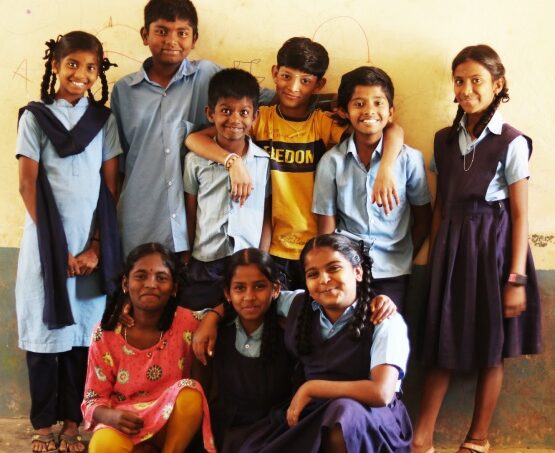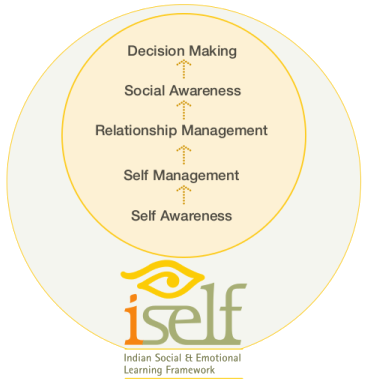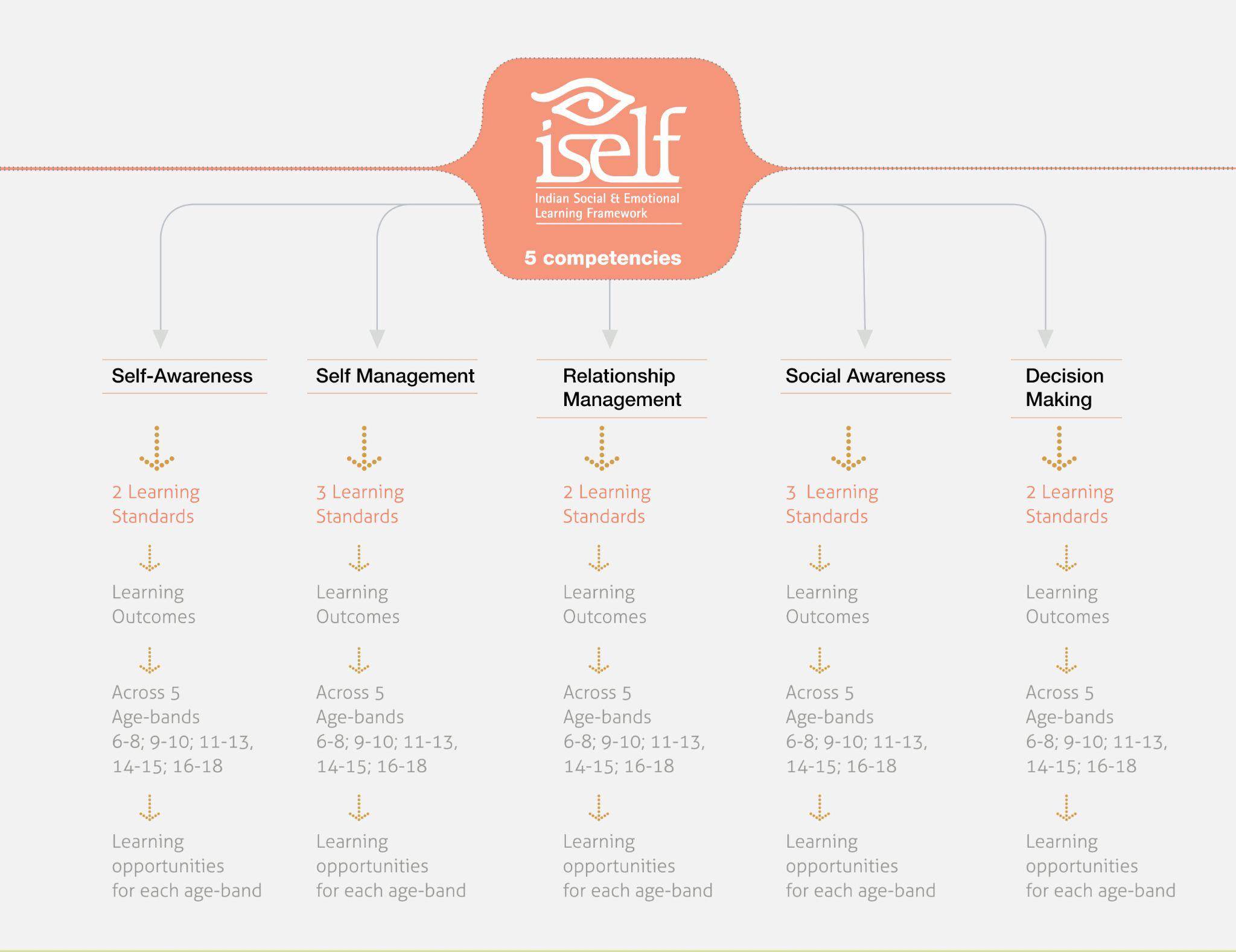The Course for Contemporary Teaching

Touchstone
Strengthening the human side of learning!
The Teacher Foundation’s TOUCHSTONE is designed as a powerful pedagogical intervention package aimed at improving traditional and ineffective processes of ‘teaching-learning’ and generating synergy across the school. It is cost effective, compact and ensures visible, measurable change in classroom practices across the school!
How does the school benefit?
While all schools recognise the need to provide more positive learning experiences for their students, they often depend on tangible products like technology or textbooks to do so, when actually revamping teaching-learning processes is far more impactful and cost-effective in the long-term! TTF’s Touchstone focuses on raising the bar of teaching for the institution besides the individual; impacting the teaching-learning system in the school. A critical mass of teachers need to be trained and supported to effect school-wide change.
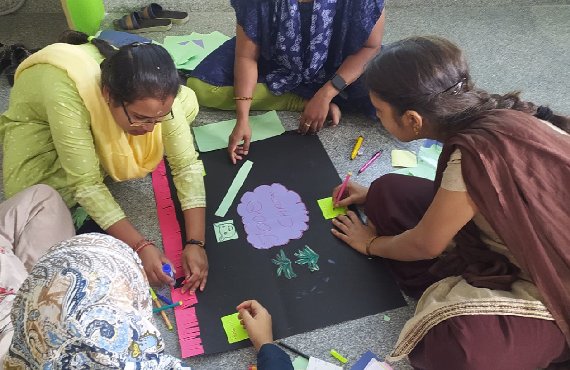
DIAGNOSING GAPS IN TEACHING-LEARNING PROCESSES!
DEVELOPING CRITICAL THINKERS AND ACTIVE LEARNERS!
The entire course comprises a carefully assembled set of 8 integrated workshops across a period of 6-8 months along with 2 rounds of school-based support to embed teaching skills learnt in the training into routine classroom practices.
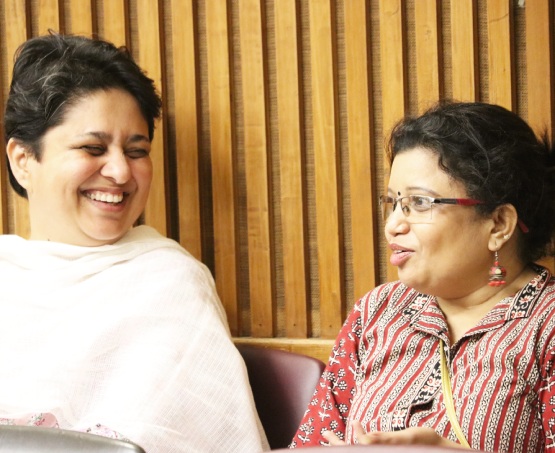
3Ms!
3Ms guide and drive the work that we do at TTF! It’s Magic, Method and Mastery. These 3 words encapsulate the spirit of TTF. As we interact with ever more schools and teachers, we constantly endeavour to keep TTF’s spark alive and glowing – spreading light, insight and warmth.
Support TTF
On average, a teacher teaches at least forty children every year. Over a 25 year career, that is one thousand children. That means, when we enable and inspire ONE teacher, we touch over ONE THOUSAND lives. So contribute to ONE teacher’s training and touch the lives of a thousand children!
